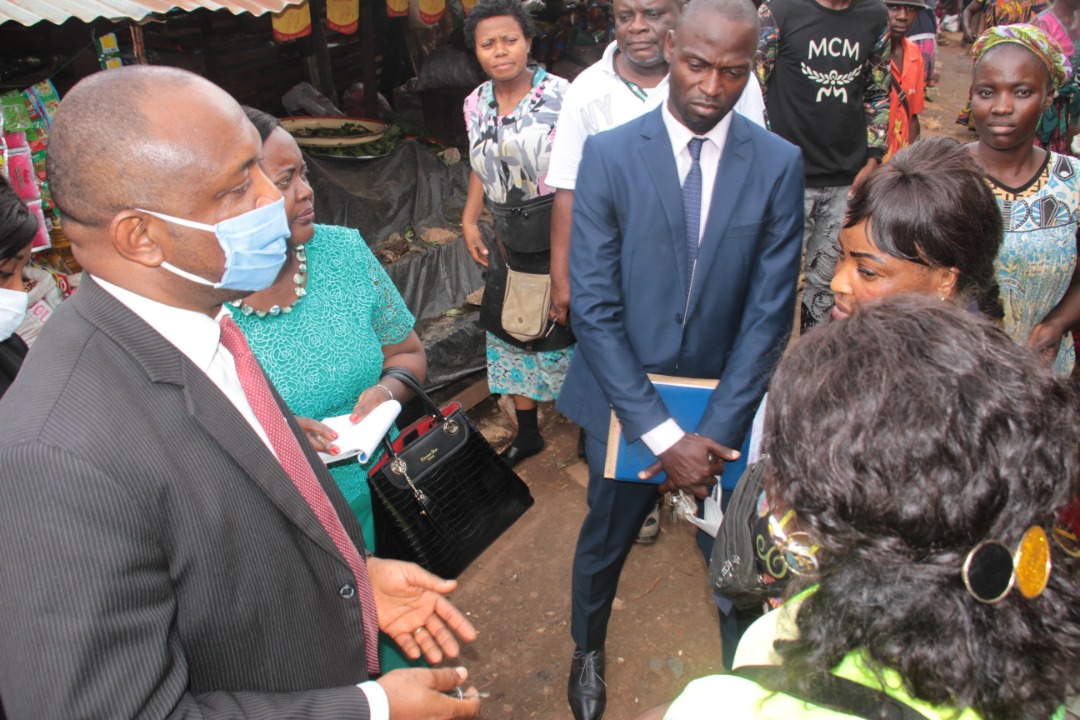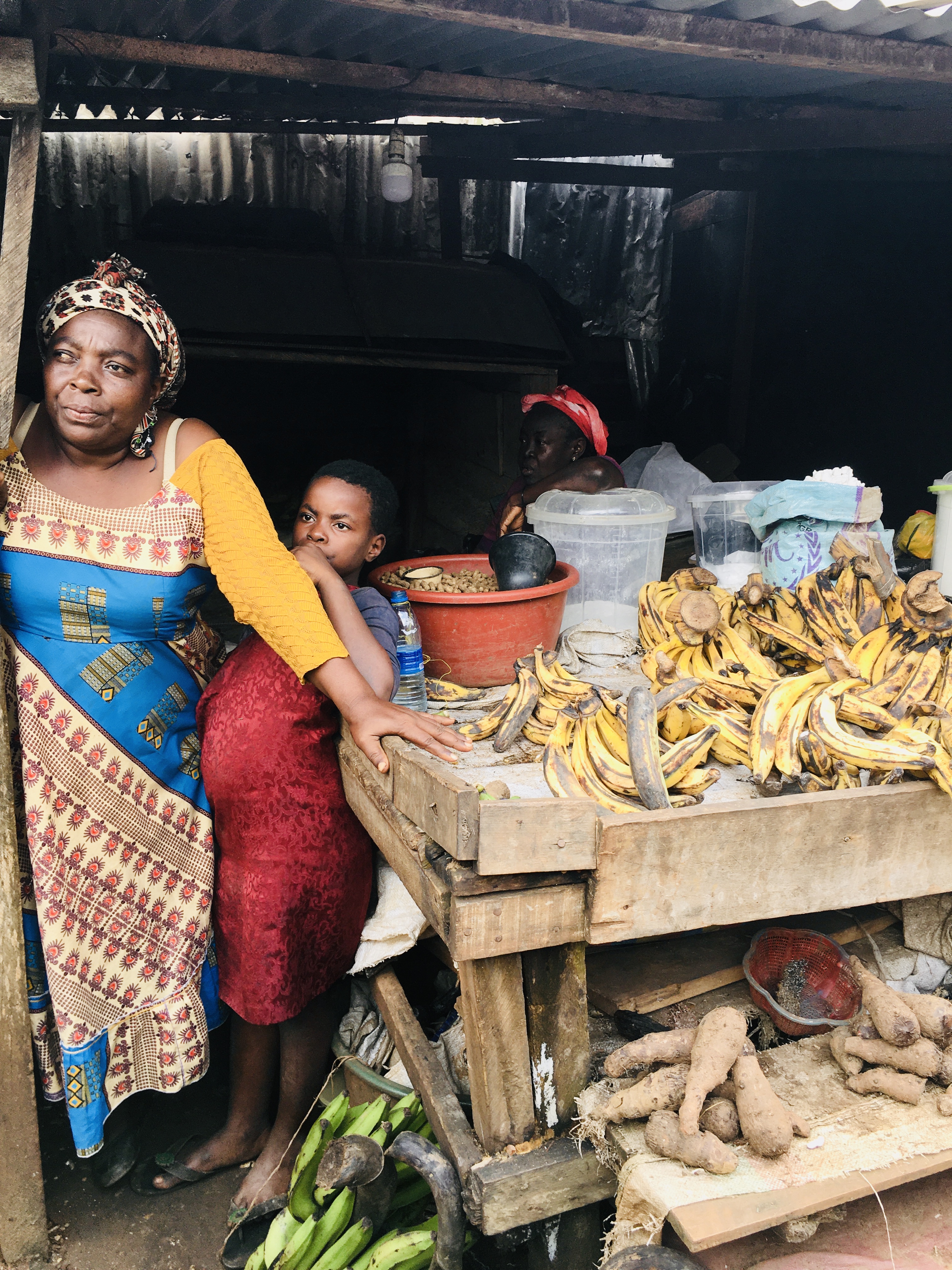Yaoundé, 9 December 2020-- “Thank you for selecting our municipality for this project. Our population has been hit hard by COVID-19”, stated the Mayor of the district of Yaoundé 2, Mr Ayissi Eloundou in his opening speech at the first meeting of the local monitoring committee of the UN-Habitat project “Fostering partnership for leaving no one behind in addressing COVID-19 socioeconomic recovery plan in Cameroonian Cities” funded by the Swedish International Development Cooperation Agency (SIDA).
In collaboration with local authorities and key national institutions, the project aims to contribute to the reduction of the negative socioeconomic effects of COVID-19 by ensuring the necessary data is available to municipalities to promote evidence based socioeconomic recovery. Special attention is given to engaging local communities in participating in the response and recovery efforts and empowering women, youths, and persons living with disabilities. Local authorities are supported in developing municipal socioeconomic recovery plans while considering other crises affecting the vulnerable urban populations.
A member of the local monitoring committee, Mr Bertrand Kemoun, the representative of a youth organization, Association des Amis Solidaires, stressed how youths have been victims of the indirect effects of COVID-19: “Due to the economic slowdown there are less job opportunities for the young and their education has suffered because of the closure of schools.”

After discussing the project with the local monitoring committee, the project management team of UN-Habitat and the Ministry of Housing and Urban Development visited disadvantaged neighborhoods in the municipality of Yaoundé 2. The group met market traders at Messa, where the large street markets of Mokolo and Madagascar are located, and then continued to the informal market of Mbankolo.
Jeanette, an elderly trader of vegetables at the Madagascar market, shared her experience of the impact of the pandemic: “We had difficulty finding the agricultural produce to sell but there were also less customers.” Her views were shared by François, a young butcher at the same market: “It was much too quiet here during the confinement. My income dropped so badly that I had to sell some of my household items to get cash”. Although handwashing facilities are available at many markets, there are rarely any toilets. Nobody wears a mask. Physical distancing cannot be respected either as the stalls are placed so close to each other that passing another person is impossible without touching.
In a residential area dominated by informal housing, Mohammed, a young trader of socks and tights living in a small house next to a stream littered with plastic waste talks quietly how he had suffered a total loss of income following the disappearance of all customers during the confinement. Unable to pay his rent or to buy food, the pandemic has caused tremendous distress to him and his brother who he lives with. Adding to their difficulties, during the heavy rains of the season, the nearby stream flooded their home and destroyed many of their belongings.
The road to recovery will be long, and there is a need to support vulnerable people and small businesses, and to focus on improving housing and public space often located in flood or landslide prone areas.
